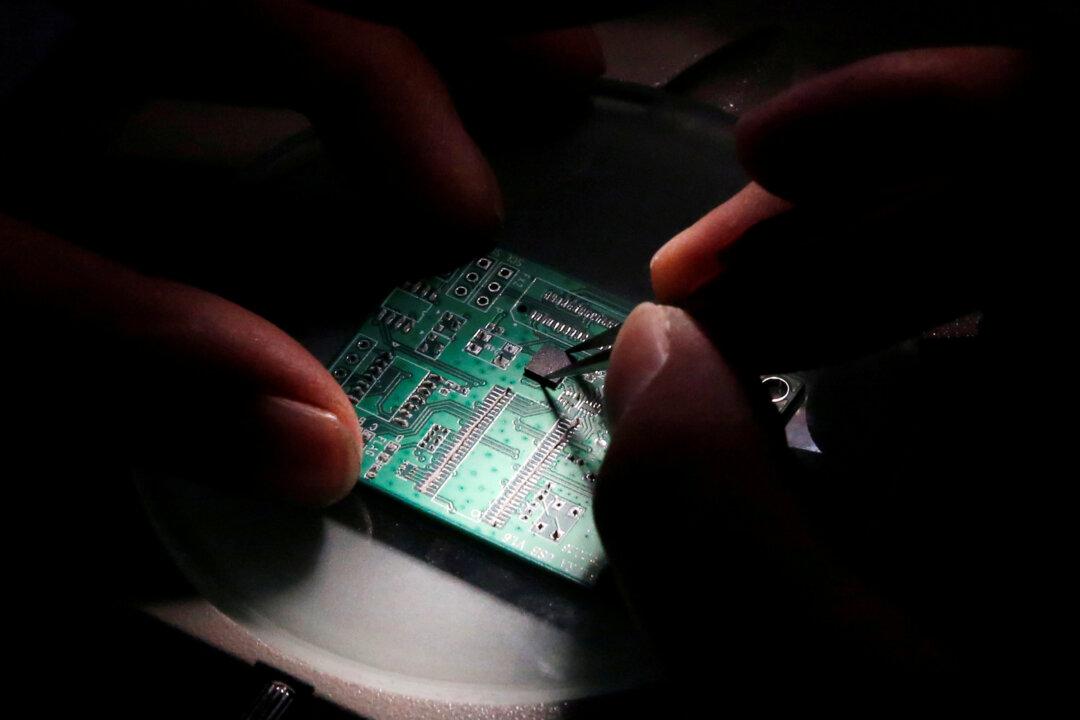Companies including Intel, GM, Infineon, and SK Hynix have signaled they will cooperate with a voluntary request for data on the global chips crisis, the U.S. Department of Commerce said on Thursday.
The Department noted that while the data request is currently voluntary, it may make it compulsory depending on the number and quality of responses.




